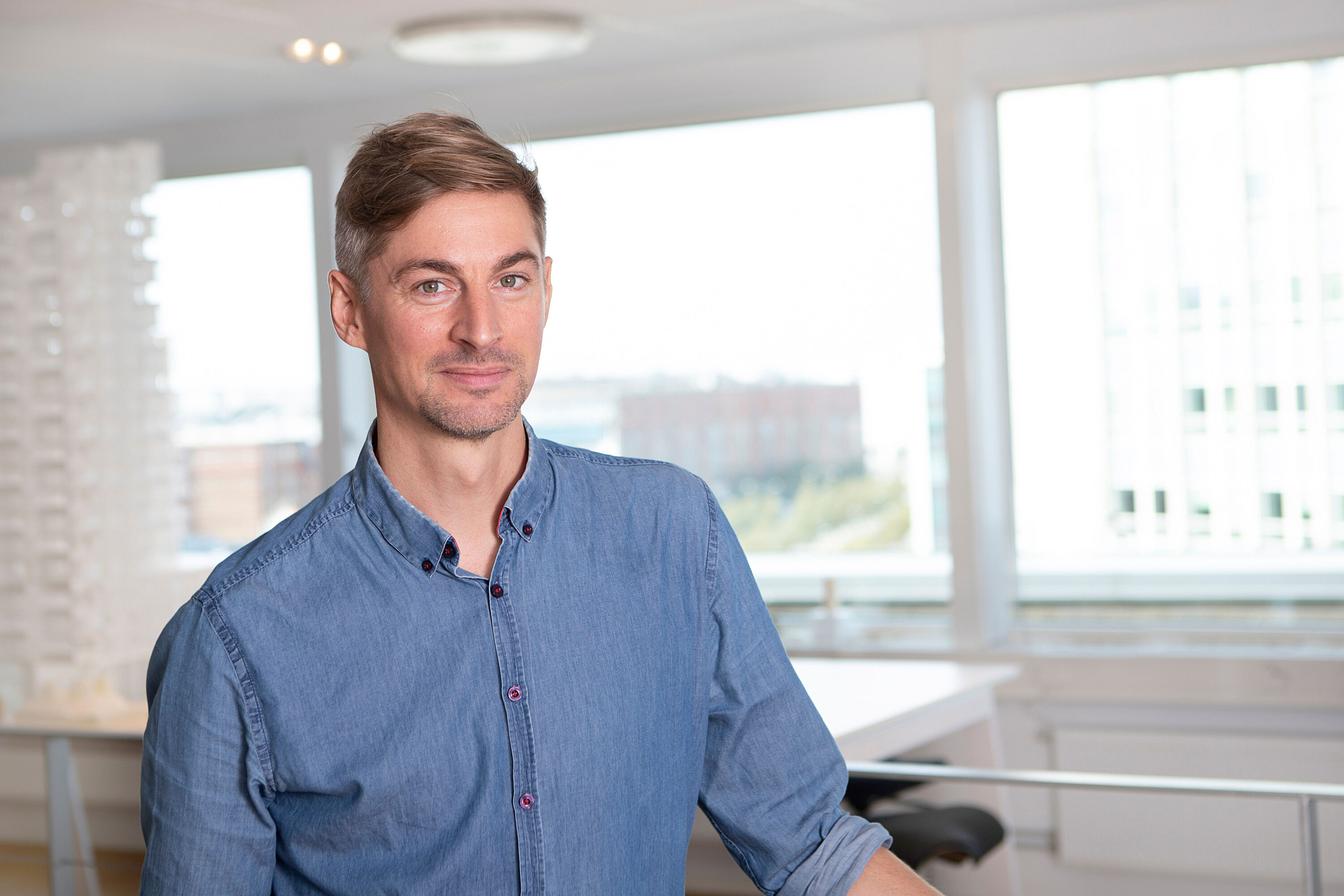2021-08-30
Malmö collaboration echoes in Europe
- We are creating something unique in Malmö, which will be noticed not only in Sweden but also in Europe.
So says Anders Eriksson Modin, architect and development manager at FOJAB, in a conversation about collaboration as a working method to solve climate challenges in the construction industry.
- If you say collaboration, I'll leave.
Anders Eriksson Modin begins our conversation by recounting a memory from Almedalen, a year in which this word abounded in the seminars, lectures and panel debates. Eventually, one of the audience members had enough.
- And sure, collaboration is often seen as the solution to everything. But when it comes to a problem as big as climate impact in the construction phase, which covers an entire industry - then the entire industry needs to be involved in solving it," he says.
The mixture a strength
Local Roadmap Malmö 2030, LFM30, is an initiative for a climate-neutral building and construction sector in Malmö with over 160 affiliated actors. The goal is climate neutrality by 2030 and even higher by 2035, when Malmö's construction sector will be climate positive.
Anders Eriksson Modin runs one of the seven working groups, climate-neutral building materials, together with Pauline Strandberg de Bruijn, materials researcher at LTH. The group also includes developers, contractors, designers, environmental consultants, producers and suppliers.
- The mix is one of the strengths. It is unusual to have the whole value chain sitting at the same table in this way. The more perspectives the better and the more unexpected answers you get. And not least, it gives rise to exciting collaborations," says Anders.
Dissemination of knowledge a key objective
Everyone is an expert in their own field. But together they find new ways to work with different combinations of materials to get the most climate benefit for the money.
- Take a client who wants to build an eco-house. We can investigate whether, for example, wood cooperates with hemp insulation to achieve a reduced climate impact. Perhaps we can apply for innovation support to test and prototype on a small scale, calculate and verify the climate benefits. Without LFM30, there is a high probability that the developer would have done as usual.
The main work of the group is to spread knowledge about EPD data, environmental product declaration, and how to make smart material choices. New knowledge is disseminated through seminars, round table discussions or through memos sent to the affiliated member companies. Some of it is also open for outsiders to take part in.
Climate budget
Sustainability work in the construction sector has long focused on reducing climate emissions in the operational phase. This has come quite a long way. But in the construction phase, on the contrary, climate emissions have increased. The explanation lies, among other things, in a globalized industry and trade.
- We use steel that is extracted in Sweden, rolled in Germany and bent in China," says Anders:
- I would like all projects to have a climate budget, in the same way that a financial budget is set up today. How do you get as much climate benefit as possible? Just as you reason with the business benefits.
High tempo in the group
Interest in climate calculations is growing in the construction industry and many are curious about what is happening in Malmö. LFM30 has developed a method for calculating the climate impact of a building. All members have committed to taking concrete measures to significantly reduce greenhouse gas emissions. There is a strong commitment and drive among everyone.
- We know where we are and where we are going, and the pace is fast. In Malmö, forty climate-positive projects will be implemented within just a couple of years. This will attract attention not only in Sweden but throughout Europe. And this is thanks to LFM30. An important key to success has been to get all actors in the value chain to talk to each other.
